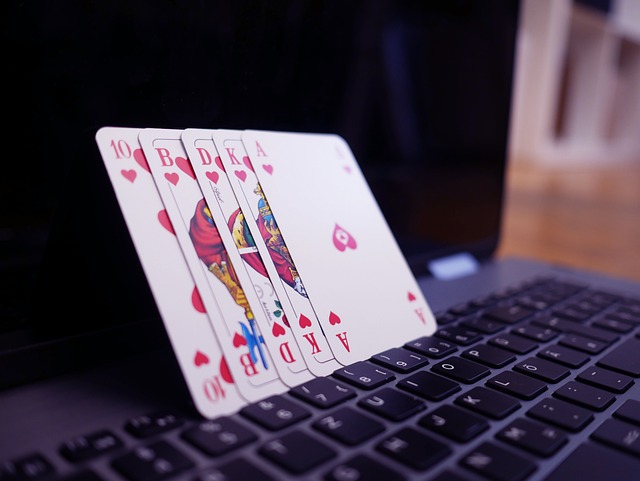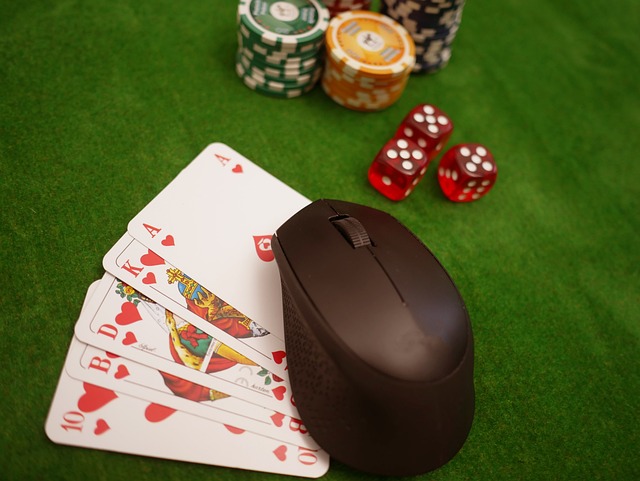As technology continues to evolve, the Internet of Things (IoT) is quietly reshaping how we live—from smart fridges and fitness trackers to connected cars and home assistants. But what happens when this web of interconnected devices starts interacting with the online gambling world?
IoT has the potential to redefine gambling habits through personalized experiences, behavioral tracking, and real-time feedback. Whether for better player engagement or enhanced responsible gambling efforts, the influence of IoT is just beginning to surface.
Here’s how connected devices could impact how—and how often—we gamble in the near future.
What Is IoT in a Gambling Context?
The Internet of Things (IoT) refers to physical devices connected to the internet, capable of collecting and sharing data. In gambling, these could include:
- Smartphones and smartwatches
- Fitness trackers
- Home voice assistants (e.g., Alexa, Google Home)
- Smart TVs and AR/VR headsets
- Connected cars or in-vehicle infotainment systems
These devices generate continuous streams of data, which could be used to shape and personalize gambling experiencesacross multiple platforms and environments.
Positive Applications of IoT in Gambling

1. Personalized Gaming Experiences
IoT devices can track:
- Your preferred games and betting habits
- Time of day when you’re most active
- Devices you use to play
This data could help casinos tailor offers, suggest new games, or adjust interfaces and bonuses based on your preferences.
2. Real-Time Responsible Gambling Alerts
By monitoring behaviors across devices, IoT could detect signs of:
- Excessive time spent gambling
- Elevated stress via biometric sensors
- Unusual spending patterns
This info could trigger timely interventions, such as:
- Reminders to take a break
- Suggested deposit limits
- Access to self-exclusion tools
Smartwatches, for example, could alert you with haptic feedback if your heart rate spikes during a losing streak—encouraging more mindful play.
3. Cross-Device Play
Imagine starting a slot session on your smart TV, continuing on your phone, and receiving a voice alert on your speakerabout a jackpot opportunity. IoT makes cross-device continuity possible, delivering seamless gambling experienceswherever you go.
4. Smarter Promotions
IoT data could inform casinos when you’re:
- Most likely to engage with offers
- Taking breaks and might need a reactivation incentive
- Visiting areas with strong connectivity or local event tie-ins
Promotions could be delivered through multiple devices—on your watch, TV, or even your car’s dashboard display (carefully and legally, of course).
Potential Risks and Ethical Concerns

While IoT offers convenience and personalization, it also raises red flags:
1. Privacy Invasion
The collection of biometric and behavioral data must be consensual and secure. Misuse or unauthorized sharing of such data could compromise user trust.
2. Over-Personalization
IoT-driven experiences could become too targeted, making it easier for players to stay engaged—and potentially overspend—without realizing it.
3. Data Misinterpretation
Not all behavioral signals mean someone is at risk. For example, a high heart rate might reflect excitement, not stress. Without proper context, interventions could become intrusive or unnecessary.
4. Accessibility vs. Addiction
Making gambling available across more devices—like wearables and home assistants—could blur boundaries between entertainment and compulsion.
The challenge is balancing innovation with responsibility.
The Road Ahead: Regulation and Design
For IoT to play a healthy role in gambling, developers and regulators will need to:
- Implement clear data privacy rules
- Allow for opt-in/opt-out settings
- Design tools that promote healthy play, not just engagement
- Ensure transparency in how data is used and stored
Leading platforms could even partner with mental health experts to refine IoT-based responsible gambling tools.
Final Thoughts: Gambling in a Connected World
As IoT devices become more embedded in everyday life, their influence on gambling habits will grow—offering both opportunities and risks. From personalized promotions to real-time health alerts, these technologies could enhance entertainment or help enforce limits, depending on how they’re used.
The future of gambling isn’t just mobile—it’s multi-device, data-driven, and deeply connected. With the right safeguards in place, IoT could help shape a safer, smarter, and more adaptive betting environment for everyone.


